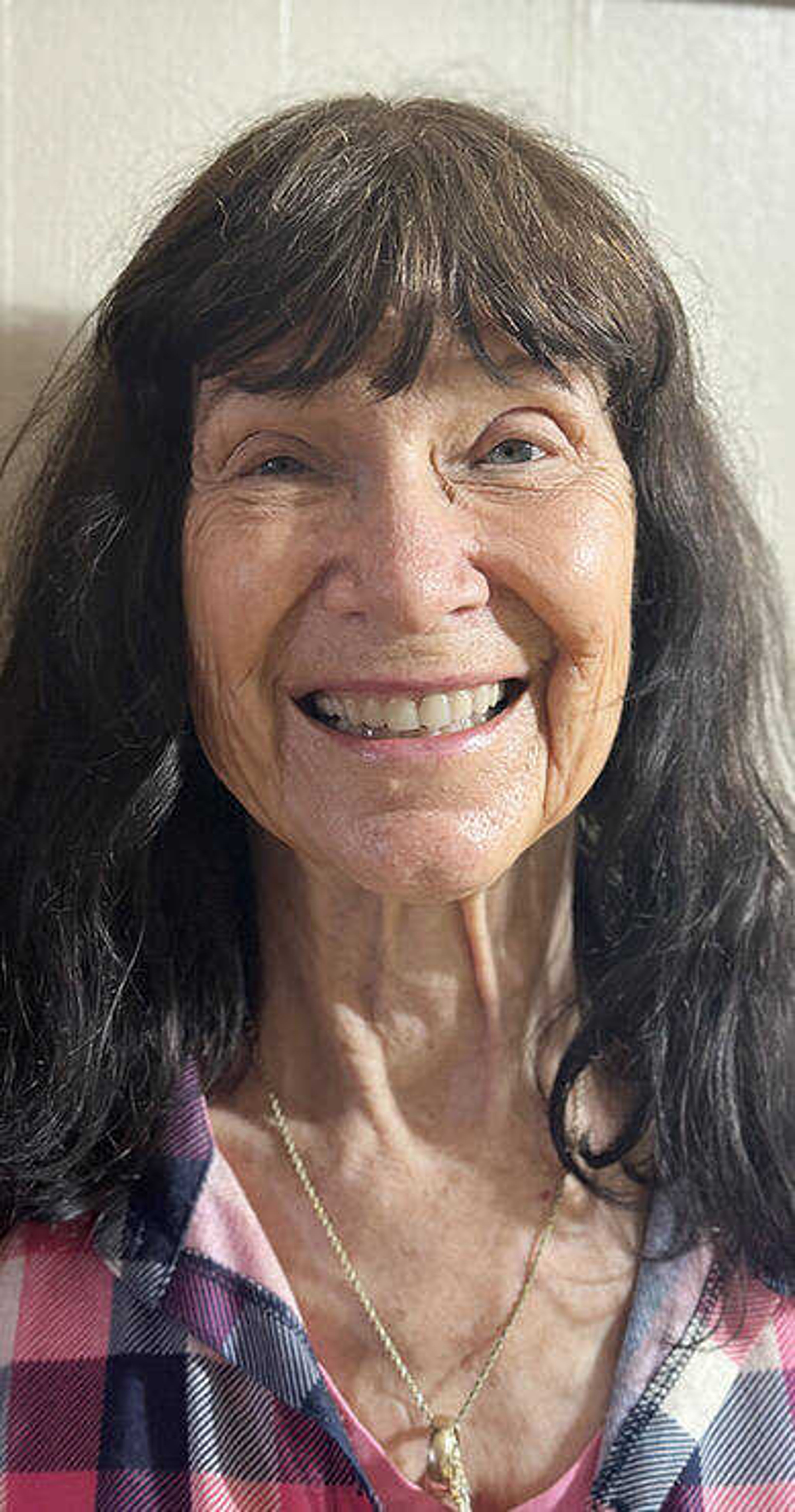Use practicality with your idealism
Janie was practically raising her niece and nephew after having already parented her own children. Janie's sister, Maddie, lived with Janie, but Janie assumed most child-rearing duties because her sister, in her eyes, neglected the children. So Janie attended all school functions and saw that the kids were enrolled in activities. She wanted them to turn out well. Janie believed she possessed the necessary skills to at least point the children in the right direction...
Janie was practically raising her niece and nephew after having already parented her own children. Janie's sister, Maddie, lived with Janie, but Janie assumed most child-rearing duties because her sister, in her eyes, neglected the children. So Janie attended all school functions and saw that the kids were enrolled in activities. She wanted them to turn out well. Janie believed she possessed the necessary skills to at least point the children in the right direction.
The job of taking care of the kids and helping out her sister was somewhat of a joy since she knew they needed her assistance and she loved them. Janie knew the arrangement would not last forever, and she finally could steal some coveted time of her own. She knew she eventually would be able to do as she pleased, so she saw the situation as no problem. Her son, however, perceived the situation differently.
Johnny was an idealist. He always had pictures and ideas in his mind of how things ought or had to be. He constantly complained to Janie that she "shouldn't" have to almost inherit another family. She already had raised her children, and now she "ought" to have time for herself -- time to travel and do what she wanted without being tied down. That's what people were supposed to do, Johnny thought.
This scenario is just one of numerous examples of being overly idealistic. To be an idealist is a good thing -- to a point. But it can be carried to extremes. To dream and pursue those dreams is admirable, and it serves to motivate you. Dreams also provide hope for your journey. Nevertheless, following your dreams and holding an idealistic view of exactly how they will turn out can be unrealistic. Whatever you encounter or what views you hold, you must be practical within your schema of idealistic views and opinions of how things should be. Things often turn out the way the way they "must" out of necessity.
Janie's story lends itself to that position. She is helping those who need her. Everyone in a family unit doesn't require the help of parents, uncles and aunts, and other people. But some must be supported if they are to survive. Rather than criticizing those who lend a hand, realize things are not always as you think they were intended to be. Uphold those in Janie's circumstance so they don't feel that they're incurring your anger, jealousy or undue sympathy by assisting those people who drastically require their service. Perhaps you will understand someday.
True, the norm seems to be that people raise families, work a designated amount of years and quit work if they choose. That can be a rose-colored view of life. If that is your perception, hopefully it will work out. Then you will have your perfect circumstance. But if your vision of what should, ought or must be doesn't culminate as you planned, refrain from bitterness and recognize that life isn't always like you visualize it.
God always is in control of what ultimately happens, so if you can keep your faith and believe that to be true -- when life isn't what you picture -- keep your chin up.
Rhoda's son and his girlfriend became parents while still in high school. They were unmarried and were forced to move in with Rhoda's family because there was no alternative. Although they married, they still had to remain with Rhoda. Rhoda's other children resented their parents were tied down and seemingly imposed upon. All sorts of negative comments were made. Finally, Rhoda's husband said, "Look, you help the people that need your help." What a truth Regardless of what your idealism or dreams consist of, be realistic.
Relinquish your control and give it to God. Don't always try to fix it.
Ellen Shuck holds degrees in psychology, religious education and spiritual direction and provides spiritual direction to people at her office.
Connect with the Southeast Missourian Newsroom:
For corrections to this story or other insights for the editor, click here. To submit a letter to the editor, click here. To learn about the Southeast Missourian’s AI Policy, click here.










